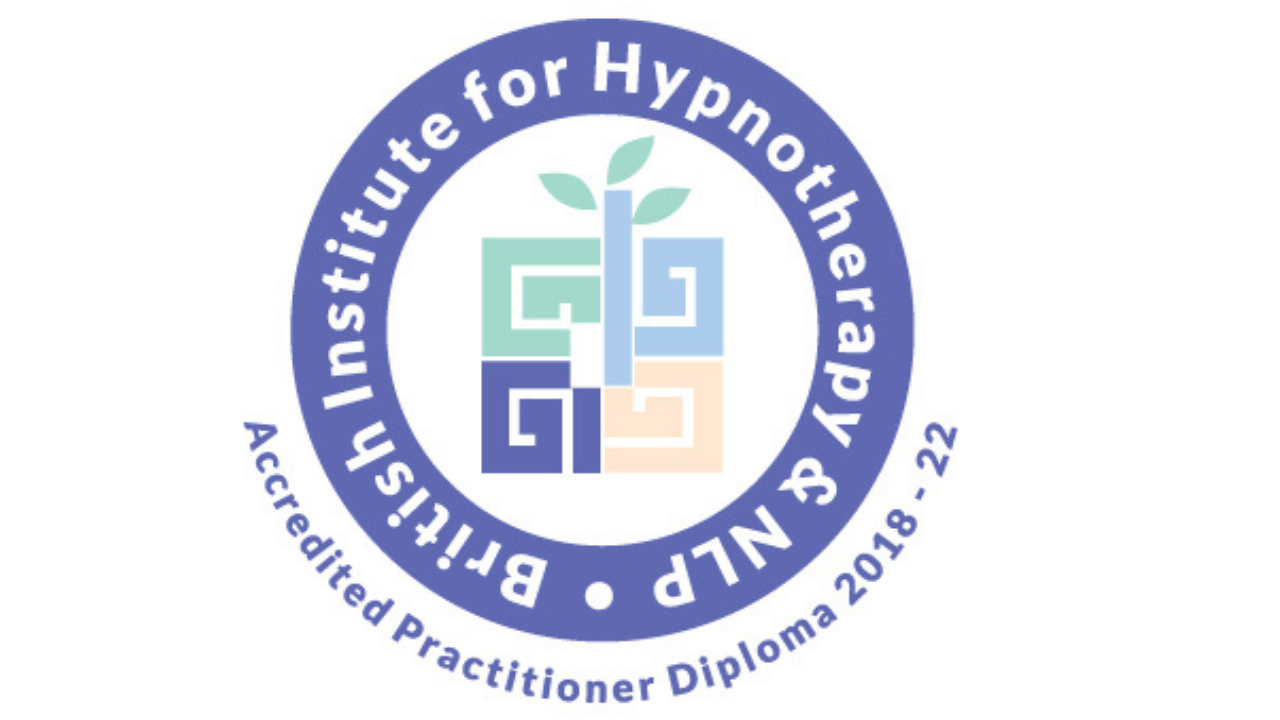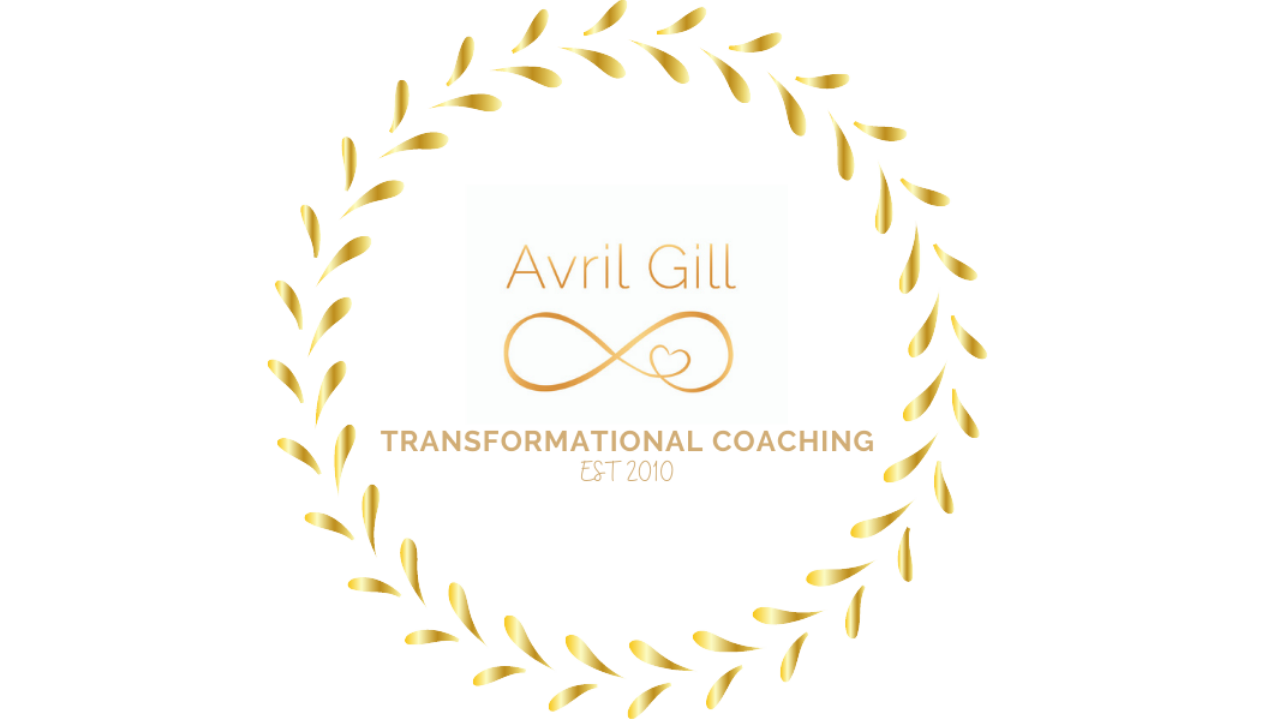|
Hypnotherapy can really help a person who is struggling with PTSD to develop skills that will enable them to deal more effectively with both the triggers and symptoms of PTSD. If the client is motivated to understand and overcome their symptoms, hypnotherapy can be extremely effective in a relatively short time compared to other therapeutic approaches. Hypnotherapy is now emerging as a credible, evidence-based treatment option for people who experience PTSD.
Hypnotherapy is effective because it directly accesses the subconscious mind, which is where the memory of the trauma is imprinted. When working at a conscious level via traditional methods such as counselling often the client will feel the benefits of being able to “talk” about their problems but often report that they continue to repeat negative behaviour patterns time and time again, after many years of help. Hypnotherapy works because by accessing the subconscious you can change the pattern of behaviour on a different level which often means that if you want to behave in a certain way consciously, say losing your temper or over eating the subconscious mind will override that conscious choice and you will find yourself responding differently. The American Medical Association (AMA) has officially recognized hypnotherapy as a valuable and beneficial treatment as applied and used since 1958. In “Psychotherapy” magazine (Volume 7, Number 1), various types of techniques were listed and profiled in a review of relevant literature by Alfred A. Barrios, PhD. In the above quoted text, the techniques that proved to generate the greatest success in providing lasting change were the following (listed in order of success rate): Hypnosis — 93% recovery after 6 sessions (approx. 1 1/2 months @ 1 session per week). Behavior Therapy — 72% after 22 sessions (approx. 6 months @ 1 session per week). Psychotherapy — 38% recovery after 600 sessions (approx. 11 1/2 yrs @ 1 session per week). What is PTSD? Post Traumatic Stress Disorder usually arises as a result of a traumatic event or experience that has happened in one’s life, usually these are events that are out with the range of normal human experiences or that these events have been witnessed as happening to another person. What are traumatic events? Below are some examples of what can be considered as traumatic events: · Sexual & Violent assault · Torture · Sudden and unexpected death of a close family member · War crimes & war violence · Bullying · Childhood sexual abuse & violence What are the symptoms of PTSD? PTSD can manifest in a variety of ways, below are some of the more common symptoms. · Intrusive flashbacks · Nightmares or recurrent bad dreams · Sleep disorders · Anxiety disorders which can often result in chronic physical pain, body tension, teeth grinding · Over eating · Outbursts of anger, rage or temper tantrums · Inability to concentrate, loss of memory · Unexplained fears or phobias, such as a fear flowers · A sense of helplessness · Dissociation · Numbness What can trigger PTSD? Each persons experience of what triggers a symptom varies considerably, how ever a common thread is that certain people, situations, smells and sounds may suddenly remind the person of a traumatic event. All of which can trigger an emotional and/or physical response. Trigger events can be very upsetting, especially if the person is unaware that they have PTSD, or are unfamiliar with their own triggers. PTSD can often go undiagnosed by the medical profession and psychological community simply because most people assume that PTSD is unique to Soldiers, large scale disasters, road traffic accidents or acts of violence or rape. In fact many adults who have experienced trauma in childhood spend their entire life growing up with symptoms of PTSD. Common undiagnosed people with PTSD are adults who, as children, grew up with parents who were alcoholic, where there was violence, yelling, fighting and/or bullying in the household. A person who was physically, emotionally or sexually abused during their early and formative years are most likely to have grown up with symptoms of PTSD without it ever having been recognised or treated. Why are some people better at dealing with it than others? There is no clear understanding as to why people deal with PTSD better than others, often it is down to the individual’s personal coping strategy and the support network and help they have around them. Treating PTSD Every client is different in the way in which the trauma such as sexual abuse domestic abuse, or traumatic combat experiences etc. has affected them and no one can determine how deeply something should or does affect them, therefore it is vital to treat each client and their personal experience as unique and never assume because something worked for one individual it will automatically work for another. I work with many clients who have experienced childhood sexual abuse, and violence, most of who do not even recognise that they have gone through a trauma, mainly due to societies perception of trauma. After an initial consultation, I work with clients to create a planned approach to help them move forward, which includes empowering my clients to take full responsibility for their healing and to learn skills that will enable them to change. Teaching clients stress management techniques, such as self-hypnosis and provide stress-relieving audios for them to use between sessions helps to speed up the recovery and healing process. Helping clients identify each of the triggers that lead to the symptoms of PTSD, then helping them diminish the emotional intensity of these triggers enables clients to feel more in control of situations in their life. Using hypnotherapy to help the client go deeper into memories to identify if there are other stressful experiences that are fuelling the PTSD, ensures that the client gets long term permanent results from hypnotherapy. Using a process of titration with the client to ease them away from working with an overload of stressful experiences, because too much activation or arousal of emotion will make it much more difficult for the nervous system to cope and clients are likely to enter into the fight, flight, freeze response that PTSD creates. Containment is key, taking it in small steps to avoid overload. One of the wonderful aspects of hypnotherapy is that clients do not need to go into detail about their experiences in order for hypnotherapy to work, extremely reassuring when trauma has caused so much pain. About Avril Gill Avril Gill is the Founder of Newlands Personal Development and is a specialist in Personal Development and Transformation. A Master Trainer of Hypnotherapy, Clinical Hypnotherapist, Coach, Emotrance Practitioner and NLP Master Practitioner, and has a Bsc Honors in Psychology. Avril works with individuals in private therapeutic settings, and provides one off unique personal development workshops inspired by Hypnotherapy, NLP, energy healing and the great masters of personal change. Avril is CIPD qualified and has worked in the area of learning and personal development for over 20 years, and brings with her a wealth of experience from the world of Business and Personal Development. As an NLP Master Practitioner and Clinical Hypnotherapist, she uses a variety of techniques when working with individual clients and groups. All Avril’s teachings are experiential, and provide you with the opportunity to explore and experience new levels of learning’s, and find different ways to create positive and lasting change. Specialising in childhood trauma, anxiety, stress, eating disorders & personal transformation.
2 Comments
|
AuthorAvril Gill, Hypnotherapist Transformational Coach & Hypnotherapy Trainer Archives
November 2017
Categories
All
|

 RSS Feed
RSS Feed



